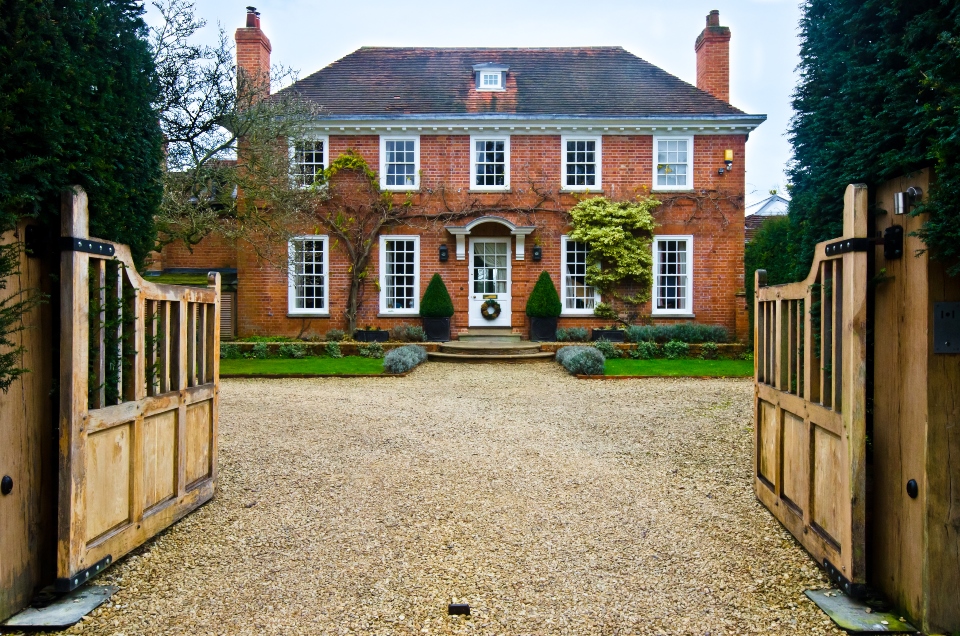What does Brexit mean for house buyers and sellers?
 While you may be totally fed up of the word, Brexit has had a major impact on the UK housing market. What has it meant for buyers and sellers? What might the best course of action be now?
While you may be totally fed up of the word, Brexit has had a major impact on the UK housing market. What has it meant for buyers and sellers? What might the best course of action be now?
The Rightmove House Price index in October showed that the traditional ‘autumn bounce’ or increase in activity failed to occur this year. This typically happens in September or October because people are keen to complete their sale before Christmas but in 2019, many buyers and sellers opted for a ‘do nothing’ approach.
This resulted in 13.5 per cent fewer properties being listed than in the same period in 2018. Average asking prices increased by just 0.6 per cent compared with an average rise of 1.6 per cent in the month of October over the previous ten years.
Interestingly though, although thousands of potential sellers are holding back, the number of sales agreed has been almost the same when compared with the same period a year ago. It seems that those buyers who do decide to move are committed to making it happen, so more sales are being completed than is the norm.
In order to minimise any further impact Brexit may have on your plans to buy and/or sell, you may wish to consider the following points:
Bank Rate
After August’s growth figures showed the UK economy shrank by 0.2%—the first reduction since 2012—many in the City have called for Bank Rate to be cut. However, on 7 November 2019, the Bank’s Monetary Policy Committee (MPC) voted by a majority of 7-2 to maintain Bank Rate at 0.75%. Two of the nine MPC members wanted to lower rates to 0.5%. The decision continues the 14-month-long streak of leaving interest rates unchanged. But for the first time since June 2018, it wasn’t taken unanimously. Brexit has meant unpredictability, which could have an effect on interest rates moving forward.
First-time buyers
If possible, first time buyers should try and take out a mortgage while interest rates are still low. Fixed rate mortgages could be a good option so that repayments are Brexit proof for some time. Conversely, if growth remains weak, interest rates could fall, meaning tracker mortgages that rise and fall with base rate could be a better option. If you’re looking for the cheapest deal and aren’t phased by a potential rate rise, a tracker mortgage might be the best option.
New build or old home?
The advantage of buying a new build through a government scheme such as Help to Buy is that it helps you get on the property ladder with a small deposit. New builds do come at a property price premium, though, which could land you in negative equity if prices dropped suddenly after Brexit. At the moment, an older home is considered a safer investment.
Once in your new home, stay put
Brexit or no Brexit, this is a good strategy. Moving in itself is expensive and house prices are likely to fluctuate so find a house you really like and that you will be happy to stay in for a good number of years.
Already a homeowner?
Now could be a sensible time to move if you already own your own home, especially if you’re planning to move to London or the South East. Prices there have dropped by as much as five per cent, so provided houses are selling in your own area, it could be an opportunity to buy a property that you’d previously considered out of your price range.
Please remember that your home may be repossessed if you do not keep up repayments on your mortgage.
For more information, do get in touch, we’d love to hear from you. You can call us on 01789 263888 or email hello@charterswealth.co.uk.

